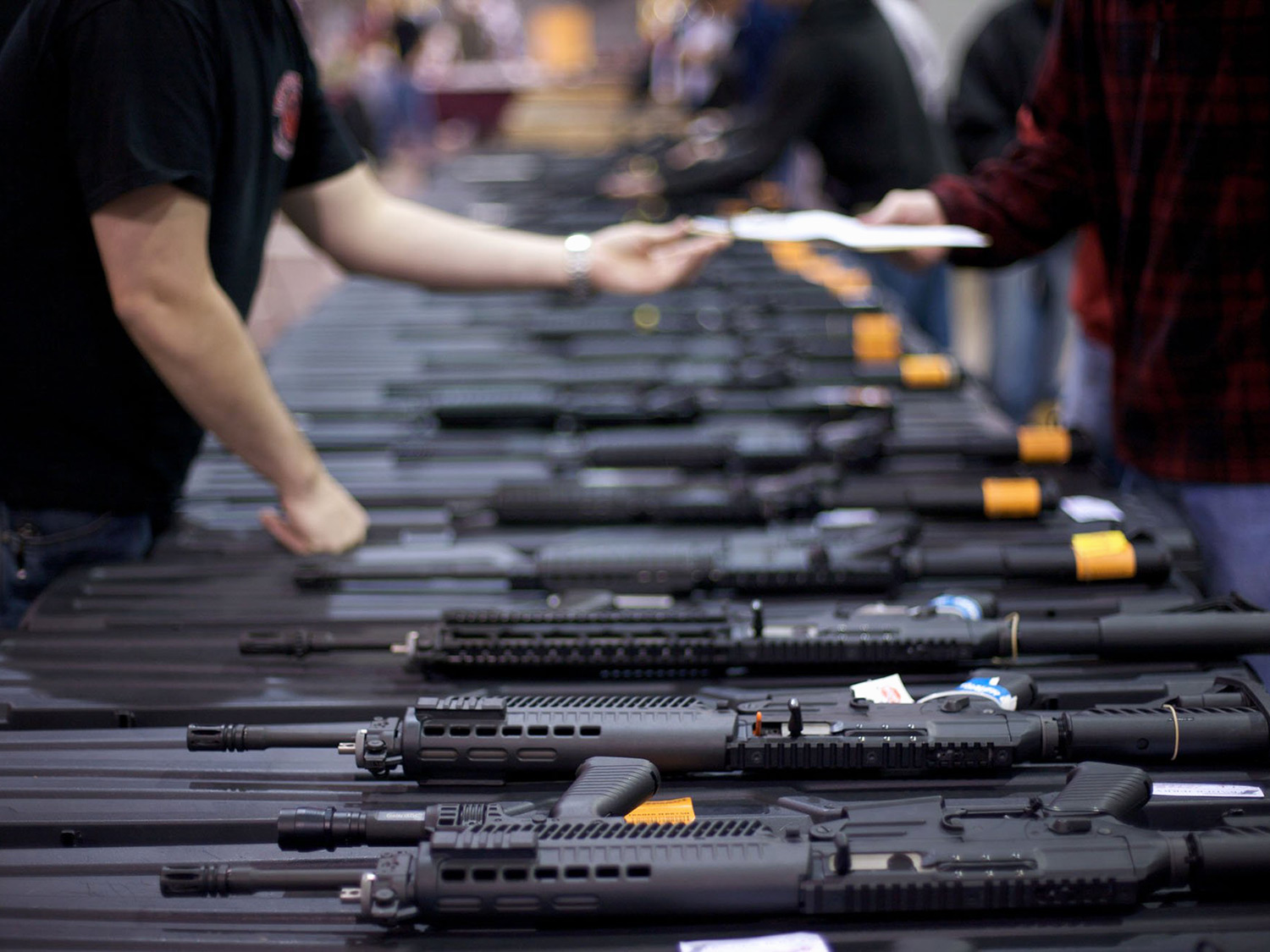

The EU and its members are often among the first to speak out when conflict breaks out in other regions. But doing so sometimes means ignoring the fact that the weapons used in this far-off fighting were sold by European firms in the first place
Lennart Simonsson -
The European Union and its member states often make sure their voices are heard loud and clear when strife erupts in near or far-flung regions. Warring parties are urged to show moderation or refrain from measures that could escalate a conflict.
Yet, the bloc is also home to leading makers and exporters of arms, ranging from aircraft to naval vessels to radar and missile systems. Major companies include BAE Systems of Britain, SAFRAN group of France, Germany’s Thyssenkrupp and Italy’s Leonardo, formerly known as Finmeccanica.
Juggling this is at times awkward, say researchers at the Stockholm International Peace Research Institute (SIPRI).
Arms exports are seen as necessary to keep the European defence industry running, especially considering austerity measures and strategic interests.
A basic reason is size. While Britain, France and Germany are among the world’s top 10 military spenders, their domestic markets are not large enough to sustain a defence industry. This applies for smaller EU members to an even greater degree.
“The economies of scale don’t add up if you do it on your own,” said Pieter Wezeman, senior researcher with SIPRI.
“Only the United States, Russia and China could potentially do this,” he added.
Arms exports are also seen as part of foreign policy, not the least in the case of the US, which gives military aid in “large numbers and volumes,” Wezeman said.
While it is also a factor for larger European states, economic considerations and securing jobs are key drivers, he said.
Some countries say the arms industry is “an important element of their defence capability,” he said.
EU states differ in the way they look at their arms sales.
“In France there is very little civil society discussion, there is little pressure in politics,” unlike in neighbouring Germany, he said.
But debate is not sufficient. “Preaching peace is not developed into a full holistic security and peace policy towards the regions and countries where the weapons are being supplied,” he said.
Sweden, Germany and Britain “have not given that a clear thought” to how they envisage an end to the conflict and what role their arms exports play, he said.
Another example: Swedish Foreign Minister Margot Wallstrom, whose country joins the UN Security Council in January, was recently asked in parliament whether Stockholm would stop arms exports.
Hans Linde of the opposition Left Party noted that the European Parliament has called for this, and the Dutch parliament had also approved a bill.
But Wallstrom said her government “preferred that sanctions are approved by the EU or UN”.
In an effort to enhance common arms export rules, the EU in 2008 adopted a Common Position building on an earlier code of conduct from 1998. States were committed not to allow exports that would “provoke or prolong armed conflicts.” But members have the right “to maintain a defence industry.”
Aude Flaubert, who heads SIPRI’s arms transfer programme, said that national interests often take upper hand.
One example is the plans by France to sell two Mistral-class amphibious assault ships to Russia, which generated controversy and debate. The deal was eventually blocked in 2015 due to Russia’s role in the Ukraine.
“The sale of the Mistral [to Russia] should have been stopped without pressure from the US or other European countries,” she said.
Mark Bromley, co-director of the SIPRI Dual-Use and Arms Trade Control programme, noted that, in terms of harmonising policies, licensing decisions were likely to remain “in the hands of member states” as they “don’t want to hand over decision-making in this area to Brussels.“
While EU members “have increased information” they share with each other, they have not made “substantive” changes in what is made available to the public such as reasons for denying licences, he said. — dpa
Oman Observer is now on the WhatsApp channel. Click here



